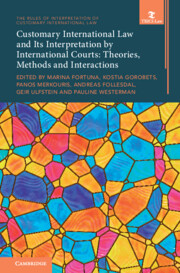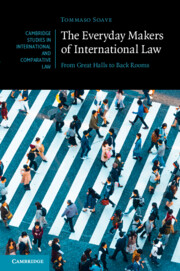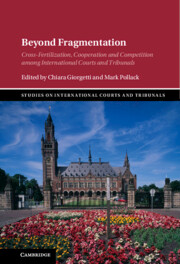In cases that come before the International Court of Justice (‘the ICJ’, or ‘the Court’), its own jurisprudence looms large. This is despite the fact that no rule of stare decisis operates before the ICJ. The juxtaposition of the facts expressed in these two statements has generated significant doctrinal and theoretical debate. In this article I propose a novel theoretical framework for understanding the role that precedent has traditionally played in proceedings before the Court, and that which it should play in the future.
This theoretical framework rests upon a constructive interpretation of the doctrine of stare decisis. I examine the historical institutional practice of the Court in order to determine the range of possible versions of the doctrine which, in Dworkin’s words, ‘fit’ this practice. Noting that there is more than one potential version of stare decisis which fits the Court’s practice, I next consider which is justified as the version which best reflects the value of this doctrine. Having shown that the value that stare decisis strives to achieve is contextual justice, I argue that only a weak version of horizontal stare decisis can justify this doctrine. My ultimate claim is that the Court’s principal concern when considering whether to follow or depart from its own jurisprudence should be that of achieving justice in the context of that particular case, and not merely ensuring consistency, predictability or efficiency.


